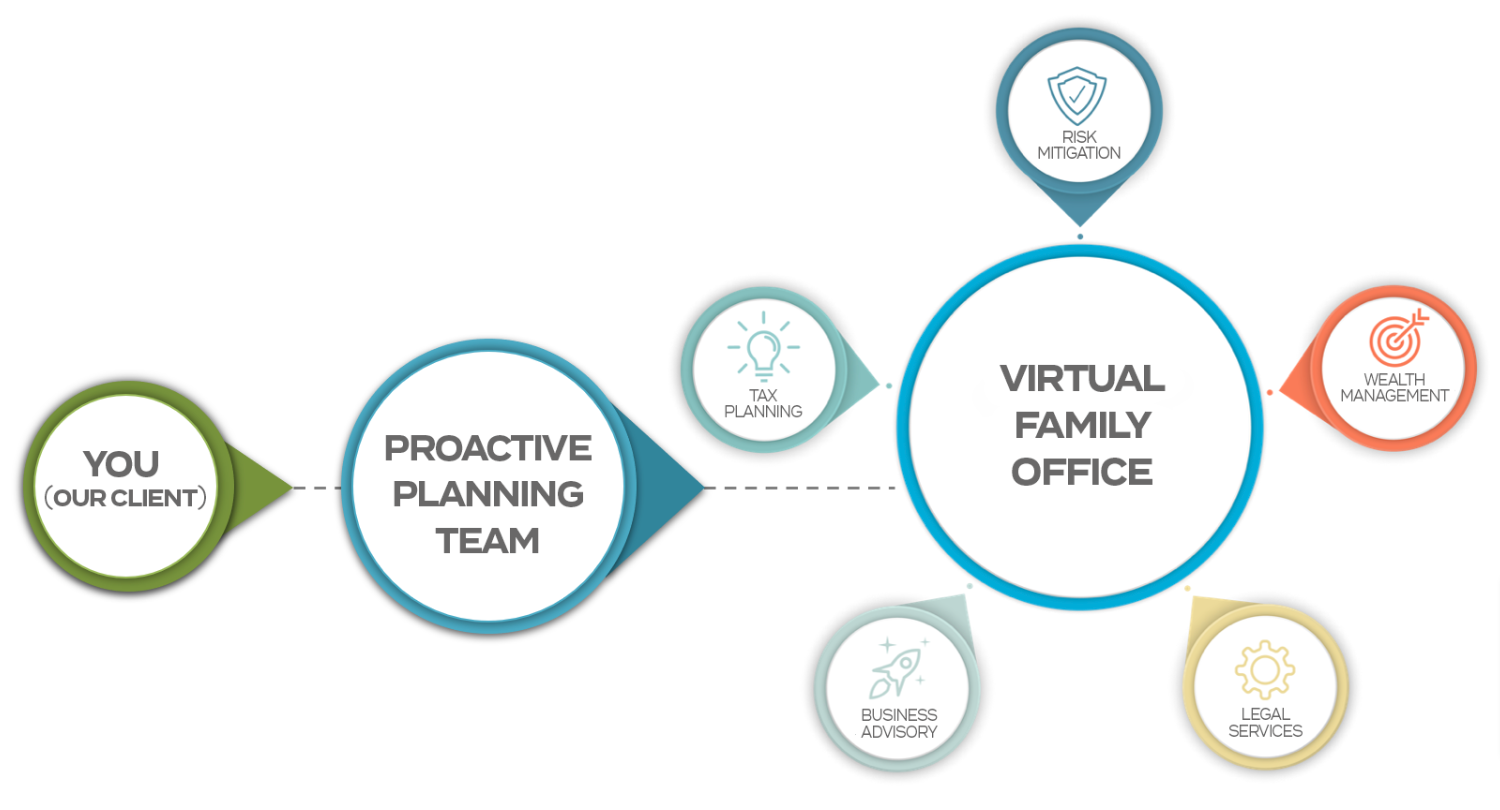Dale Hammernik Reveals 2 More Advertising Mistakes
I’ve come to realize that WE are our own worst enemy, when it comes to running our businesses … not external factors, not market forces. It comes down to looking in the mirror, and taking responsibility for the results we’re currently experiencing.
So, if things are down right now: don’t blame anyone but yourself. This doesn’t mean self-flagellation, but instead that seeing things in this light really is the first step to getting OUT of it — because you finally begin to focus on things WITHIN your control, instead of outside of it. And it’s really quite liberating.
Conversely, if things are GOOD: don’t abandon what got you there in the first place and coast, as if just by showing up, the magic happens. That just isn’t the case, and you know it.
Last week, I wrote about some common advertising mistakes I see … and, well, I think it touched some familiar nerves. But allow me to remind you — being challenged in your thinking is a GOOD thing!
(And, of course, if you want a guide for walking you through this murky tax landscape, I have just a few open tax-planning sessions remaining.
But I urge you to move quickly, as I’ve opened these sessions to my non-business clients as well, and they’re going quickly. Send me a quick email, or call: (414) 545-1890 to grab one.)
On to your better marketing …
Dale Hammernik Reveals
2 More Advertising Mistakes
“You may be disappointed if you fail, but you are doomed if you don’t try.” – Beverly Sills
Whether you create most of your sales through referrals, through direct marketing, or with a dedicated sales force–there’s some quite common mistakes I’ve seen which are destined to suck the life out of your sales process.
Last week, I posted the first three. If you didn’t get a chance to read it, or deleted it by mistake, send me a note, and we’ll get it to you.
Here they were:
1. Failure To Tell Your Story
2. Right product, wrong market?
3. Right market, wrong problem?
As we head into summer (a typically “slow” season for many businesses), it’s the perfect time to evaluate your marketing processes…and plug the holes.
So, here’s the next installment.
4. Right problem, wrong pitch or promise?
Emotionally, you’re right in line with your target audience. Yet still they don’t call your office, act on your sales pitch or otherwise respond. Not to worry, because knowing how your customers think is already half the battle. But now you need to work out the other half of the proposition — the solution they’ll respond to.
The first thing you know is that it has to be somehow better, stronger, or entirely different than whatever solution everyone else is offering. How do you figure that out?
It starts with studying the competition. What’s working for them? Further, what has worked for you in the past, which you haven’t since returned to?
Because these pitches are already tested and proven effective.
In both cases, you’re getting a feel for the solutions that hit the prospect closest to the core. Good sales processes or advertising solves problems. It offers hope. That much is proven over ages. And it works.
5. Right pitch, wrong timing?
Bestselling author Malcolm Gladwell called it the “tipping point.” One of the things so many businesses fail to take into consideration is how well timed their promotional campaigns and sales presentations are with what’s currently happening in the marketplace.
The bottom line is that markets move fast, and armies of prospective customers march on. What worked yesterday or even this morning may not work tomorrow. That’s why you SHOULD be plugged into what’s happening in the world, and in the marketplace. Subscribe to the magazines your customers read. Use blog-tracking services online to see what the most passionate customers for your product or service are talking about. Set up a Google news alert related to what you’re selling (you can do so at this page: https://www.google.com/alerts ).
Again, I don’t pretend to be a “guru” … I just see what works, and I pass it on.
Feel very free forward this article to a
Waukesha County
business associate or client you know who could benefit from our assistance — or simply send them our way?
While these particular articles usually relate to business strategy, as you know,
at Hammernik & Associates
we specialize in tax preparation and planning for
Waukesha County
families and business owners.
And we always make room for referrals from trusted sources like you.
Warmly (and until next week),
Dale Hammernik
(414) 545-1890
Hammernik & Associates
The post Dale Hammernik Reveals 2 More Advertising Mistakes appeared first on Talking Tax to Milwaukee.
See More Blog Posts







